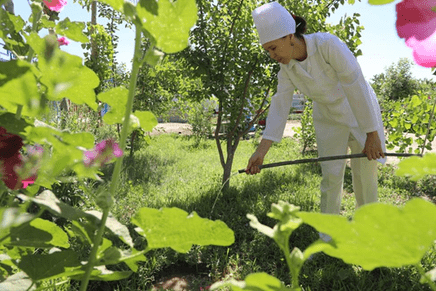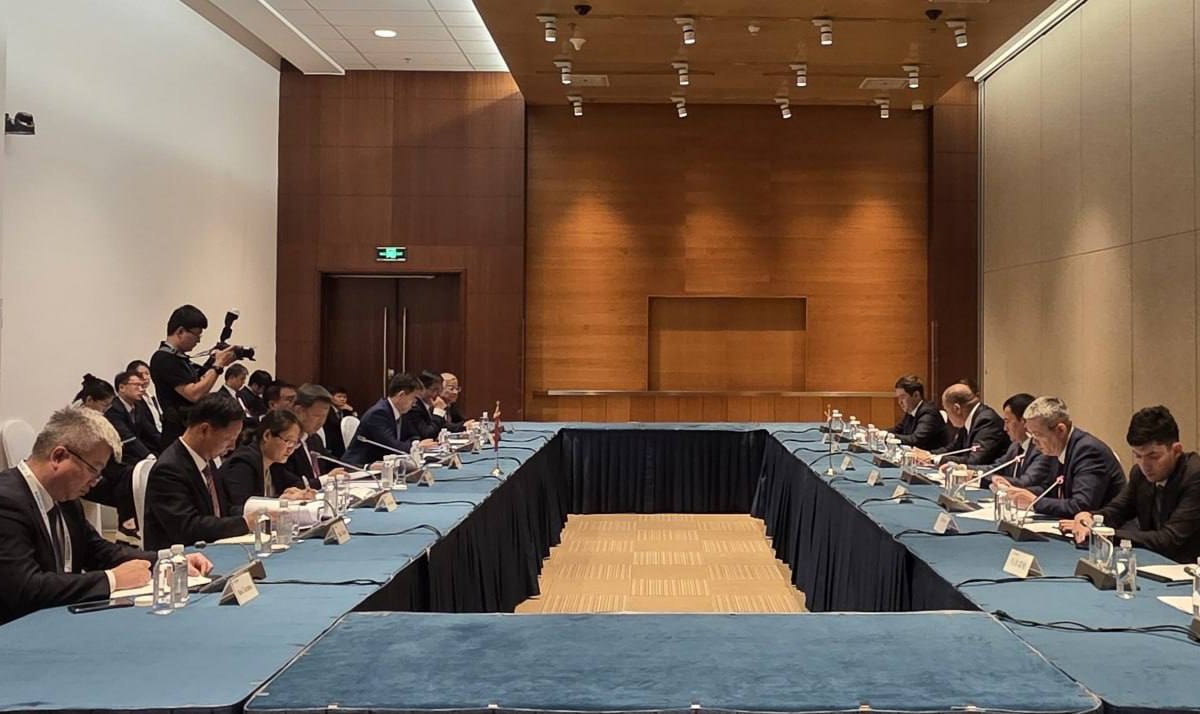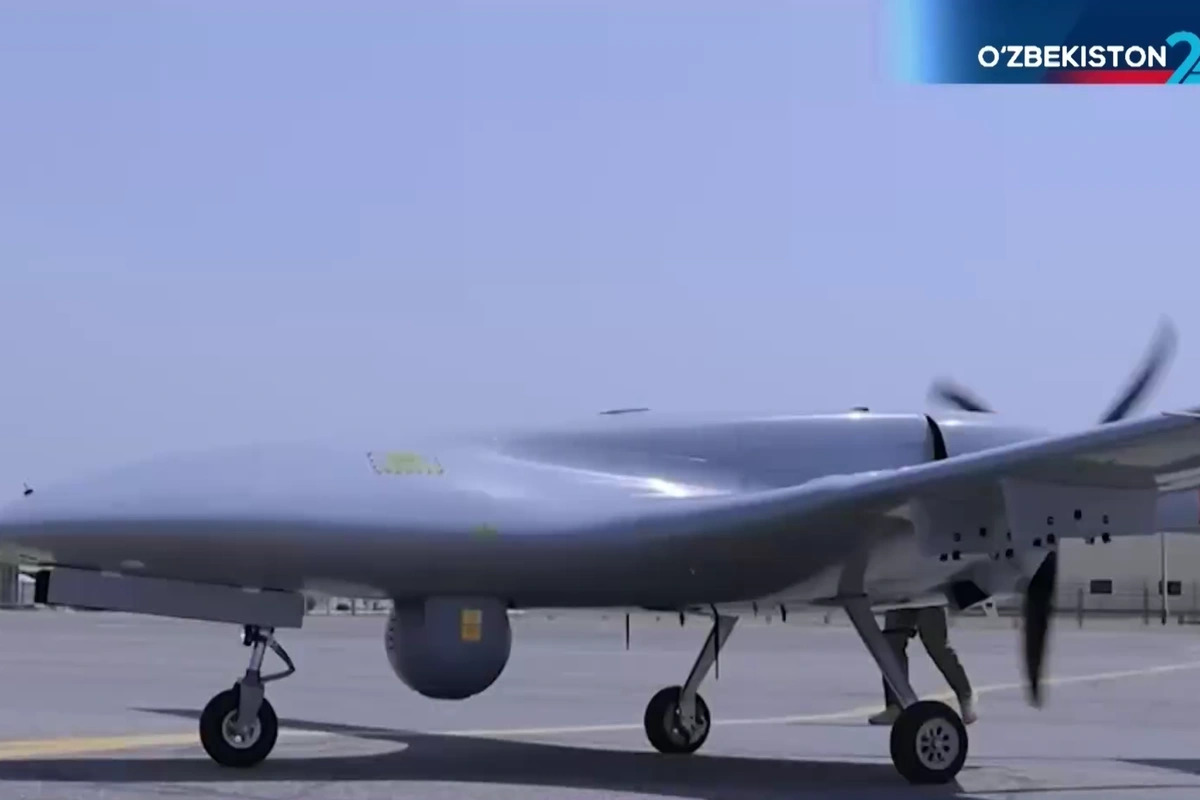Many regions face growing water scarcity as demand surpasses freshwater reserves— nowhere more so than in Karakalpakstan, Uzbekistan, where climate change and population growth deepen the crisis. The drying of the Aral Sea and lack of proper sanitation infrastructure leave communities relying on outdated septic systems, posing health and environmental risks.
To tackle this, UNDP, with support from the Government of Japan, Uzbekistan’s Ministry of Agriculture, and the Jokargy Kenes, is piloting a compact Japanese Johkasou wastewater treatment system as a sustainable solution.
What Is Johkasou?
Originally developed in Japan in late 1940s, the Johkasou system was designed to tackle public health crises caused by inadequate sanitation. Unlike traditional septic systems, which rely on soil filtration, the Johkasou system uses tanks to separate solids from liquids, break down waste without oxygen, and disinfect it.
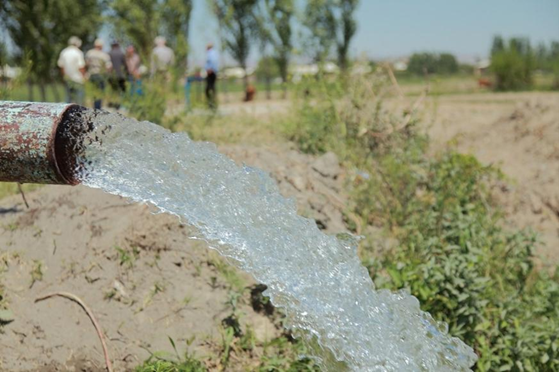
In March 2025, with funding of $96,000 from the Government of Japan, UNDP and Uzbekistan’s Ministry of Agriculture as well as Jokargy Kenes introduced Johkasou systems at three key public institutions in Karakalpakstan. Each site—a rehabilitation center, a kindergarten, and a specialized school—was carefully selected to demonstrate how decentralized wastewater treatment can meet urgent sanitation needs in health, education, and care settings.
Clean Water for Healing
At the Center for Rehabilitation of Persons with Disabilities in Nukus district, the Johkasou system has transformed daily operations. Serving around 3,500 patients annually—
including the only prosthetic care unit in the region—the center now has a reliable source of clean water that is also used for agriculture on its grounds. The ability to reuse water enabled the cultivation of fruit and vegetable crops—a particularly valuable solution in a region facing acute water shortages. These homegrown harvests now help provide fresh, nutritious meals for the patients, making the system not only a technical upgrade but a direct contribution to their care and well-being.
Zhenisbay Tursynbekov, facility manager at the center, enthusiastically talks about the new opportunities: “With the installation of the system, we started growing tomatoes, cucumbers, pumpkins, and fruit crops. There are no problems with irrigation – the treated water allows us to efficiently use every drop. We no longer worry about the harvest.”
In addition, the expansion of green areas and planting of trees around the facility has created a more vibrant, calming environment. This growing ecosystem not only improves the local climate but also has a positive impact on the mental health of patients, offering a more peaceful and healing space during their rehabilitation.
Safe and inclusive education
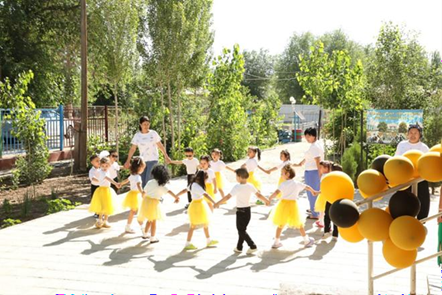
At Kindergarten No. 13 in Nukus, a compact unit has replaced outdated systems, improved health conditions and giving children a cleaner space to learn and play. The system has also become a hands-on learning tool: through gardening, games, and water-saving activities, kids explore how water is reused and why conservation matters.
In Khodjeyli district, the State School for Children with Scoliosis now offers better hygiene and comfort, especially important for students with special needs. Supported by the Ministry of Preschool and School Education, the system reinforces inclusion while helping students and staff build water-smart habits.
“It’s a relief to know our children are in a clean, safe place and learning to respect nature too,” shared one parent.
A Measurable Impact
Since March 2025, Johkasou systems have treated over 16,400 cubic meters of wastewater—enough to irrigate up to 13 hectares annually. Beyond improving sanitation and health, the systems enable safe water reuse in agriculture, vital for water-scarce areas.
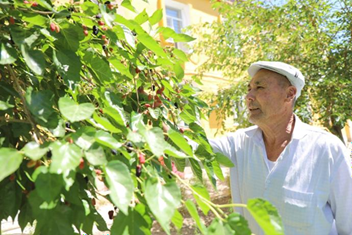
More than infrastructure, Johkasou brings economic relief by reducing the need for costly wells and lowering water bills. Families now have more to spend on daily needs and education. The nutrient-rich treated water supports thriving plants while eliminating waterborne disease risks—proving that smart water solutions can also strengthen communities.
Beyond Clean Water: A Scalable Model for Resilience
The Johkasou system offers more than sanitation—it protects public health, prevents groundwater pollution, reduces long-term costs, and saves energy with minimal infrastructure. Its impact is especially critical in schools, clinics, and areas reliant on well water.
Following the 2021 UN resolution declaring the Aral Sea region a zone of ecological innovation—championed by President Mirziyoyev and co-sponsored by Japan—efforts to transform Karakalpakstan have gained momentum. This pilot shows how smart, low-cost technologies can address complex environmental challenges and serve as a model for broader implementation across Uzbekistan.

